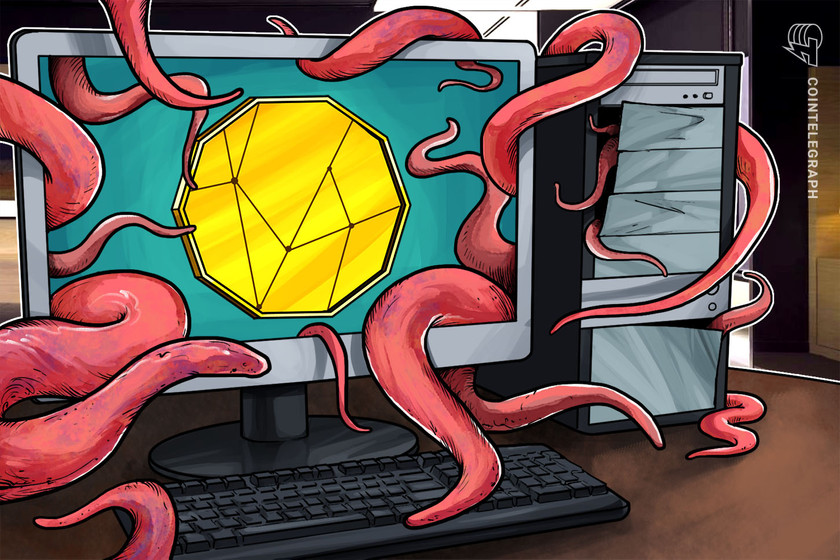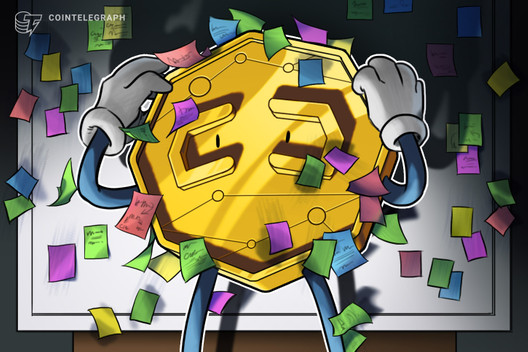French regulator sees DeFi as ‘disintermediated,’ not ‘decentralized’
The Autorité de Contrôle Prudentiel et de Résolution concluded its consultation on the regulation of DeFi.
223 Total views
5 Total shares

On Oct. 12, the Autorité de Contrôle Prudentiel et de Résolution (ACPR), part of the French Central Bank, published a summary of its public consultation on a regulatory framework for decentralized finance (DeFi).
The public consultation lasted two months, from April to May 2023, in response to the initial paper discussing possible regulations for DeFi in the country. External contributions nudged the ACPR to surprising revelations, especially regarding the structural persistence of centralization patterns:
“The ACPR therefore believes that the term ‘disintermediated’ finance is more appropriate than that of ‘decentralized’ finance.”
The operational risk of this “paradoxical high degree of concentration” in DeFi concerns the physical infrastructure hosting blockchain nodes, in which cloud service providers play a central role.
Related: CBDC lays foundation for new global monetary system: French central bank
According to the summary, the “vast majority” of respondents advocate that DeFi should continue to be deployed on public blockchains rather than on private or permissioned ones. However, they admit that these blockchains need to be audited on a regular basis. Proposals to regulate intermediaries and certify smart contracts were also met with broad consensus.
In conclusion, the ACPR finds it “advisable” to draw up rules for the certification of smart contracts, define governance that would protect DeFi customers, and lay down measures supporting DeFi’s blockchain infrastructures.
On Oct. 11, the European Securities and Markets Authority (ESMA) also weighed in on the discussion on DeFi. In a 22-page report, the ESMA admitted the promised benefits of DeFi, such as greater financial inclusion, the development of innovative financial products and the enhancement of financial transactions’ speed, security and costs, while also highlighting its “significant risks.”
Collect this article as an NFT to preserve this moment in history and show your support for independent journalism in the crypto space.
Magazine: Beyond crypto: Zero-knowledge proofs show potential from voting to finance









